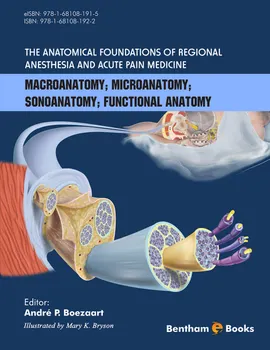Students and practitioners of regional anesthesia and acute pain medicine often ask how they can be consistently as successful with their blocks as the true experts are. Too often do scholars focus on learning techniques of RA and APM from experts, and then get lost in a myriad of bad results that include primary or secondary block failures.
The answer to this question is that every discipline of medicine has a unique fundamental truth, and true understanding this fundamental truth is essential for success. If we truly understand that the fundamental truth of Critical Care Medicine, for example, is the management and maintenance of physiological barriers. Similarly, the fundamental truth of anesthesia is the management of physiological reflexes. The fundamental truth of regional anesthesia and acute pain medicine is, according to the timeless wisdom of Alon Winnie, the in depth knowledge and true understanding of anatomy. If we fully understand where nerves live (macroanatomy), we completely understand what the nerves live in – the membranes and barriers that surround them (microanatomy) and we know how to find these nerves (sono- and functional anatomy) we can use any technique to do any nerve block and we will be successful.
With this fundamental understanding, we can now better appreciate, on an anatomical basis, why blocks sometimes fail; where the “sweet spot” of a nerve is and how to find it; why epidural blocks are segmental while subarachnoid blocks are not; why older patients are less prone to postdural puncture headache, and many more issues of regional anesthesia and pain medicine.
The basic working philosophy and design of this textbook is that the reader can obtain a good practical working knowledge of the macro-, micro-, sono-, and functional anatomy required for regional anesthesia and acute pain medicine simply by viewing the figures and movies and reading the legends to the figures. If more in depth information is needed, the extensive text and reference list would adequately compliment this knowledge.
